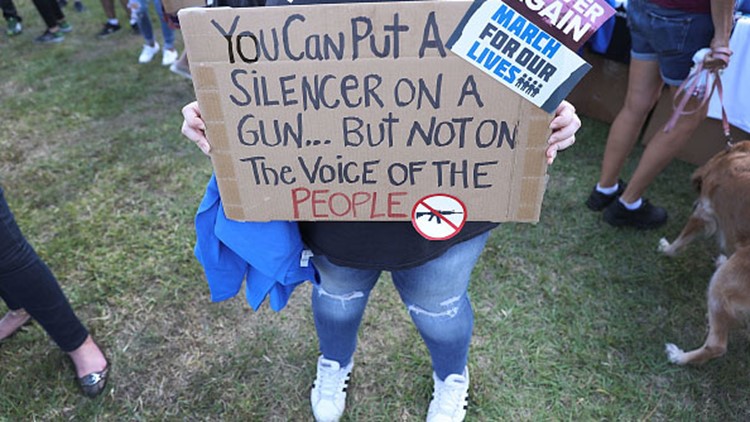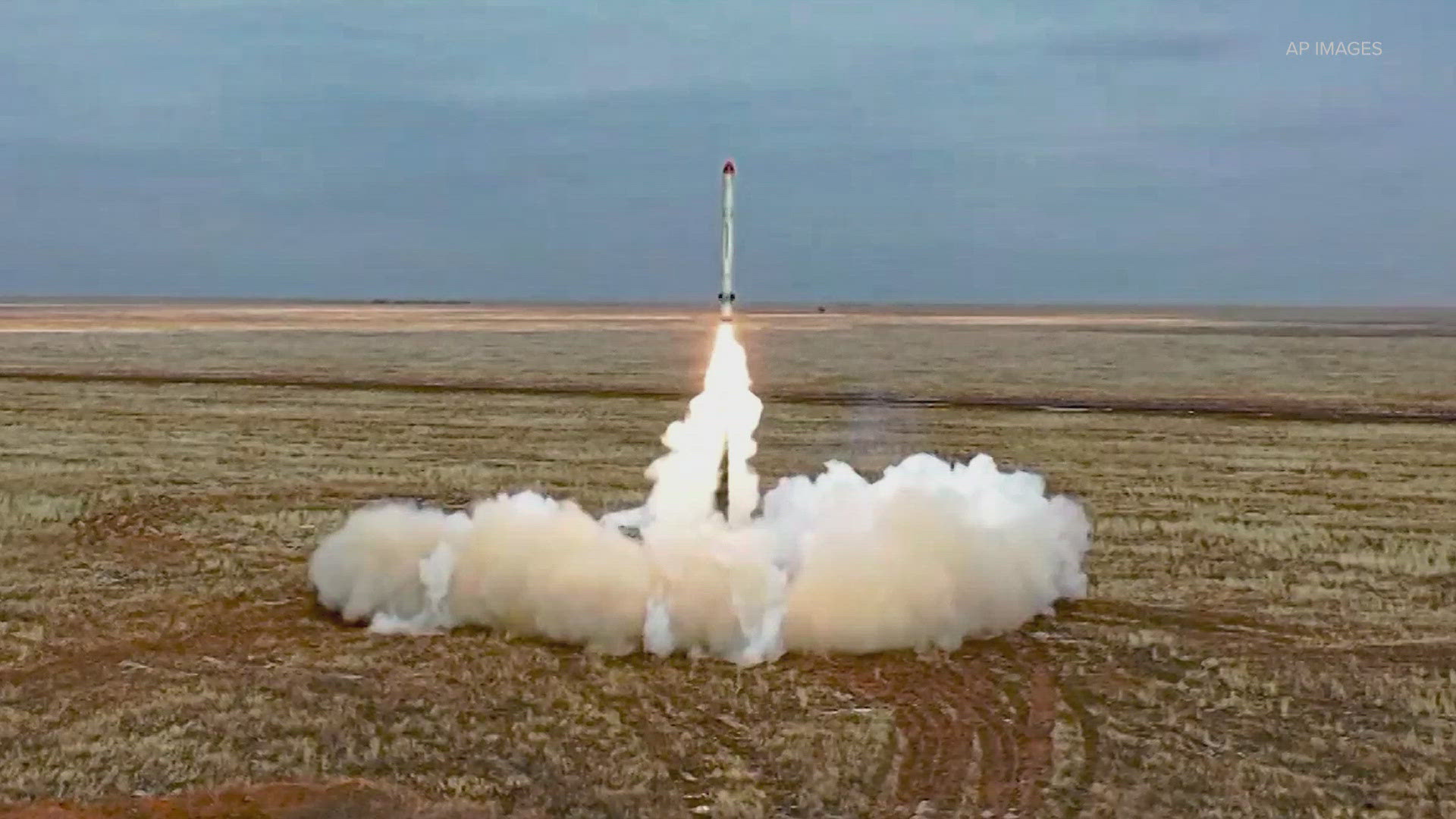More than 500,000 teens and adults are expected to take to the streets of Washington, D.C., for the March for Our Lives, a nationwide protest against gun violence on Saturday. Much like the Women’s March, thousands of people are expected to attend sister marches across the country.
For many teens, this will be their first time protesting — and joining such a huge crowd can be daunting. Whether you’re an experienced activist or a first-time marcher, this checklist will help you prepare.
Plan ahead
Let your family know you’re going to the march and bring a friend (or a few!) along with you. Decide a location and time where everyone can meet up if your group gets separated.
How to get there and where to stay
You can find a bus headed to the march at Rally Bus, Board Our Bus and Bus.com. In select cities, Lyft is providing free transportation to the march — although people under 18 must be accompanied by adults. March organizers aren’t providing official housing, but if you need a place to stay overnight, a group of local teens have found lodging for hundreds from out of town. For more logistical information, check out the March for Our Lives FAQ page.
Prep your smartphone
Fully charge your phone before the march, but in case it dies, write emergency contact numbers on an index card or even your arm. To make it easier to communicate at the march, consider downloading an app such as FireChat, which allows you to instant message without using data or Wi-Fi within a 200-foot range. Use #marchforourlivesdc and #MFOLDC to share images and videos from the protest on social media.
It might also be a good idea to turn off the fingerprint unlock feature on your phone. Although it’s incredibly unlikely, the police could force you to use your fingerprint to unlock your phone, but they can’t ask for your password thanks to the Fifth Amendment.
What to wear
Weather in Washington, D.C., can be unpredictable in March, so be sure to check the forecast ahead of time. Wear comfortable shoes and enough layers for the temperature. Many activists also recommend bringing a scarf or clean bandana. Not only will it keep you warm, but in the unlikely event tear gas is used, holding a damp scarf to your nose can help you breathe.
What to bring
Bring only the essentials: your ID, cash, a bank card, your phone and a portable charger if you have one. It's also important to stay hydrated and full, so bring a plastic water bottle and pack shareable, healthy snacks. And don’t forget your signs! Wearable, foldable banners and signs smaller than 20’ x 3’ x ¼” will be allowed at the rally, but they can't be mounted on wooden or metal poles. The organizers have a list of other prohibited items on their website.
If you’re not a citizen, it’s also a good idea to bring your immigration papers. Although arrests are unlikely at a peaceful march, the ACLU recommends bringing $100 and at least three day’s worth of essential medicine if you’re planning to “risk arrest” by engaging in civil disobedience.
How to interact with law enforcement
Demonstrators at large, peaceful marches like this typically don't interact with the police unless they are doing something illegal like purposefully blocking a road. If you get stopped by the police, the ACLU says you should "stay calm, be polite, and don't run." Some states have “stop and identify laws,” meaning that if a police officer asks you to identify yourself you must give your name. Keep your hands visible and ask if you are free to leave.
Know your rights
Whether you’re a citizen or not, the First Amendment protects your constitutional right to demonstrate peacefully. You also have the right to photograph or film police. Police can pat you down to make sure you’re unarmed, but unless you are under arrest, you can refuse to consent to a search.
If an officer says you are under arrest, don’t resist even if you don’t think you’ve done anything wrong. You can ask why you’ve been arrested, otherwise you have the right to remain silent.
How to deal with counterprotesters
Remember that counterprotesters have rights, too. As long as they are not physically interfering with the main demonstration, they can attend the event and speak out. Police will generally keep the two groups separated, and it’s best not to engage with counterdemonstrators, according to the ACLU.
What you can do if you can’t attend the D.C. march
There are more than 760 sister marches planned in cities including Boston, New York, Philadelphia, Chicago and Los Angeles. You can find one near you by searching on Facebook, or checking out the map here. If you can't make it to a march, you can donate to the GoFundMe page started by Stoneman Douglas students and sign the organizers’ petition calling on Congress to pass legislation to address gun violence. There is another national school walkout on April 20 to remember the 19th anniversary of the Columbine High School massacre.



